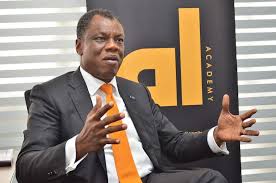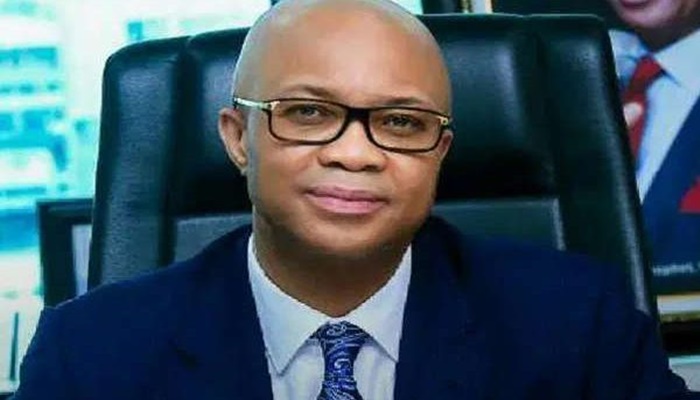

2Africa, touted as the most comprehensive subsea cable to serve the African continent and Middle East region is expected to go live between 2023 and 2024.
The cable system is product joint effort by China Mobile International, Facebook, MTN GlobalConnect, Orange, stc, Telecom Egypt, Vodafone and WIOCC.
At 37,000 kilometers long, 2Africa will be nearly equal to the circumference of the Earth. The project is impressive for more than length alone: It will provide nearly three times the total network capacity of all the subsea cables serving Africa today.
When completed, this new route will deliver much-needed internet capacity, redundancy, and reliability across Africa; supplement a rapidly increasing demand for capacity in the Middle East; and support further growth of 4G, 5G, and broadband access for hundreds of millions of people.The parties have appointed Alcatel Submarine Networks (ASN) to build the cable in a fully funded project which will greatly enhance connectivity across Africa and the Middle East.
According to the organisers, the system is expected to go live between 2023 and 2024, delivering more than the total combined capacity of all subsea cables serving Africa today, with a design capacity of up to 180Tbps on key parts of the system.
2Africa will deliver much needed internet capacity and reliability across large parts of Africa, supplement the fast-growing capacity demand in the Middle East and underpin the further growth of 4G, 5G and fixed broadband access for hundreds of millions of people.
In countries where the 2Africa cable will land, service providers will obtain capacity in carrier-neutral data centres or open-access cable landing stations on a fair and equitable basis. This will support healthy internet ecosystem development by facilitating greatly improved accessibility for businesses and consumers alike.
The 2Africa cable has been designed to improve resilience and maximise performance, including the option of a seamless optical crossing between East Africa and Europe.
The 2Africa parties and Airtel have signed an agreement with Telecom Egypt to provide a completely new crossing linking the Red Sea and the Mediterranean, the first in over a decade.
Jessica Gu, director and chief technology officer of China Mobile International, said: “The utmost capacity and faster transmission allows us to satisfy the needs of African nations today and in the future, reflecting our firm commitment to building a global digital life.”
Najam Ahmad, vice president, Network Infrastructure at Facebook, said: “We are excited to be collaborating with our 2Africa partners on the most comprehensive subsea cable that will serve the continent.
“2Africa is a major element of our ongoing investment in Africa to bring more people online to a faster internet. We have seen first-hand the positive impact that increased connectivity has on communities, from education to healthcare. We know that economies flourish when there is widely accessible internet for businesses. 2Africa is a key pillar supporting this tremendous internet expansion as part of Africa’s surging digital economy.”
Frédéric Schepens, CEO of MTN Group’s wholesale operation, MTN GlobalConnect, said: “MTN GlobalConnect is delighted to participate in this bold 2Africa subsea cable project. This initiative complements MTN GlobalConnect’s terrestrial fibre strategy to connect African countries to each other and to the rest of the world. We are proud to be playing a key role in providing the benefits of a modern connected life – a core MTN belief.”
Alioune Ndiaye, CEO of Orange Middle East and Africa, said, “As one of the world’s leading multi-service telecommunications operators and present in 18 countries in Africa and the Middle East, it was natural for Orange to be part of the 2Africa project.
“This major investment will complete our existing submarine and pan-African terrestrial infrastructures to provide access to international connectivity in a redundant fashion throughout the west coast of Africa. It will enable Orange to securely meet the demand for increased bandwidth necessary for the continued digital development of regions throughout the 2Africa system.”
source: Communicationweek










